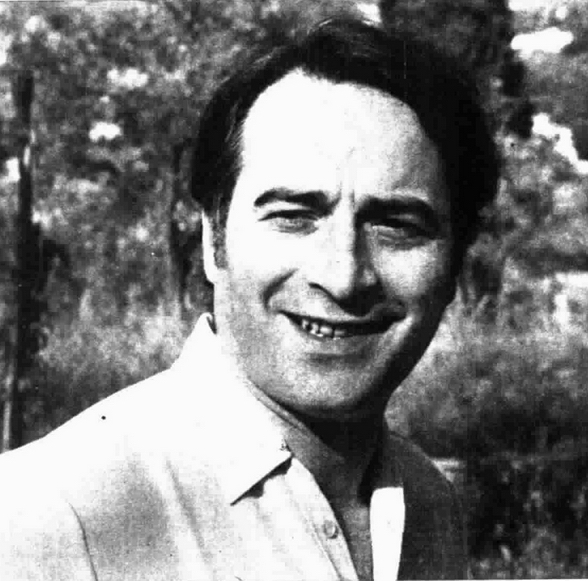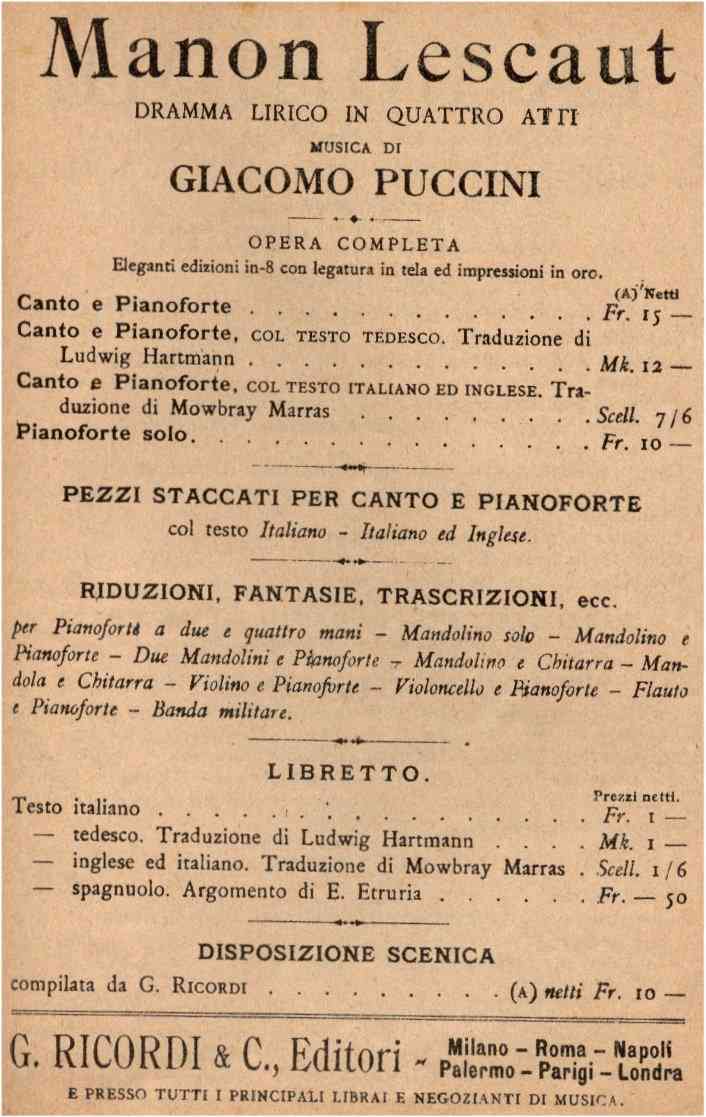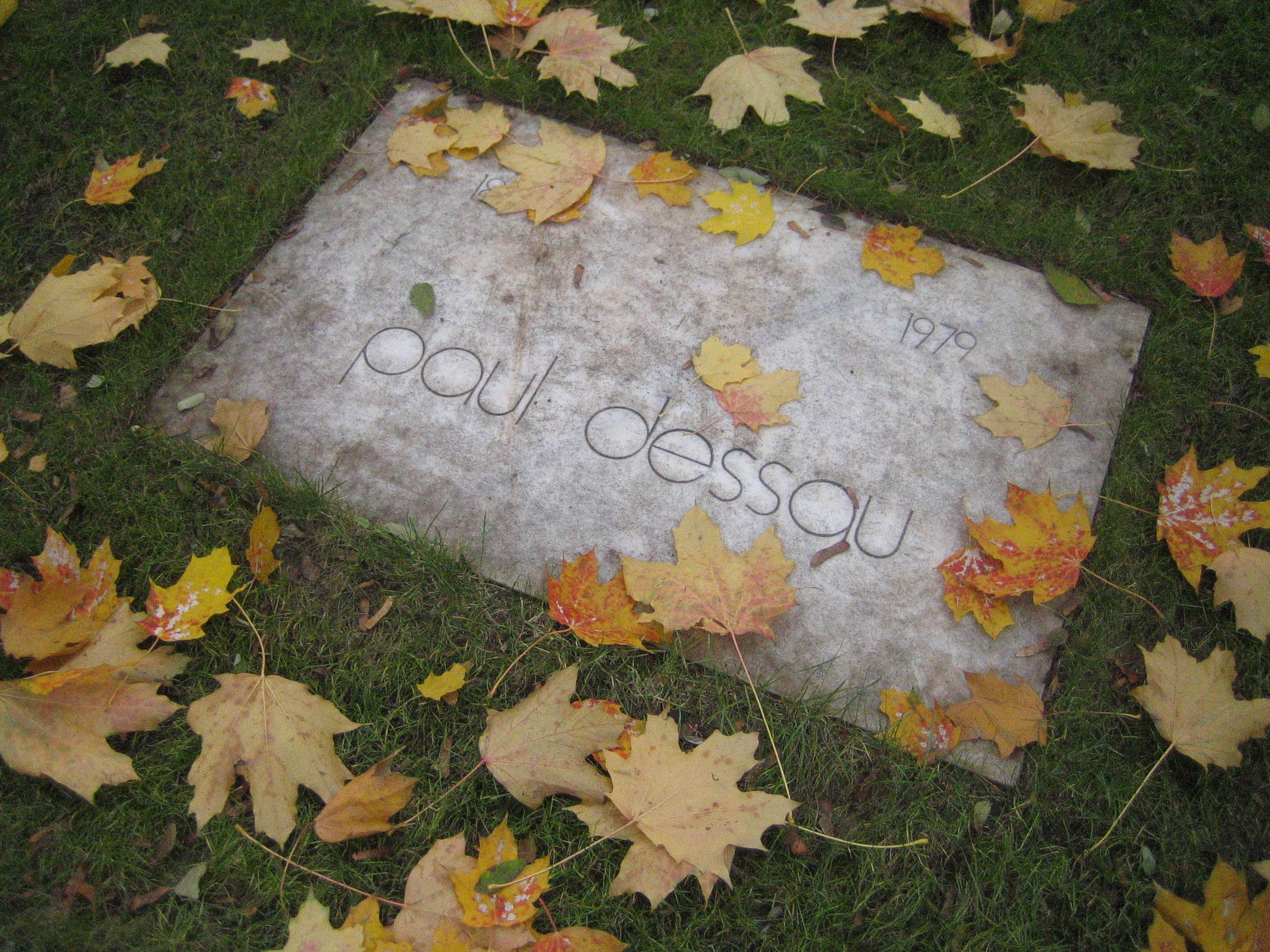|
Bruno Bartoletti
Bruno Bartoletti (Sesto Fiorentino, 10 June 1926 – Florence, 9 June 2013) was an Italian operatic conductor. His active international career lasted from 1953 to 2007, and he specialized in the Italian repertory and contemporary works. He was particularly noted for his 51-year association with Lyric Opera of Chicago, as co-artistic director, artistic director, principal conductor, and artistic director emeritus. He also served as Artistic Director of both the Teatro dell'Opera di Roma (1965–1973) and the Maggio Musicale Fiorentino (1985–1991), and as principal conductor of the Danish Royal Opera (1957–1960), in addition to frequent work as a guest conductor at various major opera houses. Life and career Bartoletti's father was Umberto Bartoletti, a blacksmith, who also played clarinet in a Florence band. As a youth, Bartoletti played the piccolo. A teacher in Florence recognised the young Bartoletti's talent in music, and her husband, the sculptor Antonio Berti, recomm ... [...More Info...] [...Related Items...] OR: [Wikipedia] [Google] [Baidu] |
Bruno Bartoletti
Bruno Bartoletti (Sesto Fiorentino, 10 June 1926 – Florence, 9 June 2013) was an Italian operatic conductor. His active international career lasted from 1953 to 2007, and he specialized in the Italian repertory and contemporary works. He was particularly noted for his 51-year association with Lyric Opera of Chicago, as co-artistic director, artistic director, principal conductor, and artistic director emeritus. He also served as Artistic Director of both the Teatro dell'Opera di Roma (1965–1973) and the Maggio Musicale Fiorentino (1985–1991), and as principal conductor of the Danish Royal Opera (1957–1960), in addition to frequent work as a guest conductor at various major opera houses. Life and career Bartoletti's father was Umberto Bartoletti, a blacksmith, who also played clarinet in a Florence band. As a youth, Bartoletti played the piccolo. A teacher in Florence recognised the young Bartoletti's talent in music, and her husband, the sculptor Antonio Berti, recomm ... [...More Info...] [...Related Items...] OR: [Wikipedia] [Google] [Baidu] |
Pino Donati
Pino Donati (9 May 1907 – 24 February 1975) was an Italian composer and for many years artistic director of the Chicago Lyric Opera. Donati was born in Verona. From 1936 he was superintendent of the Arena di Verona and then from 1950 the Teatro Comunale di Bologna, Teatro Comunale of Bologna. In 1958 he left Italy for Chicago to work for Carol Fox (Chicago opera), Carol Fox and remained employed there till his death in Rome at the age of 67. His wife, who survived him, was the soprano Maria Caniglia. Works, editions, recordings * theatre music for the play ''Fiorenza'' by Sem Benelli * chamber music – ''Pastorale della trincea'' 1933 *''Hungaria'' for choir and orchestra Operas *''Corradino lo svevo'' on the life of Conradin the Swabian, to a libretto by the Veronese writer Arturo Rossato (1882–1942) – premiere Verona 1931. *''Lancillotto del Lago'' premiere Bergamo 1938''Chi è?'' ed. Angelo Fortunato Formiggini 1957 "Autore di musica operistica: «Corradino lo Svevo», ... [...More Info...] [...Related Items...] OR: [Wikipedia] [Google] [Baidu] |
Manon Lescaut (Puccini)
''Manon Lescaut'' () is an Italian-language opera in four acts composed by Giacomo Puccini between 1889 and 1892 to a libretto by Luigi Illica, Marco Praga and , based on the 1731 novel '' Histoire du Chevalier des Grieux, et de Manon Lescaut'' by the Abbé Prévost. The opera was first performed in 1893 in Turin, at the Teatro Regio. Composition history The libretto is in Italian, and was cobbled together by five librettists whom Puccini employed: Ruggero Leoncavallo, Marco Praga, Giuseppe Giacosa, and Luigi Illica. The publisher, Giulio Ricordi, and the composer himself also contributed to the libretto. So confused was the authorship of the libretto that no one was credited on the title page of the original score. However, it was Illica and Giacosa who completed the libretto and went on to contribute the libretti to Puccini's next three – and most successful – works, ''La Bohème'', ''Tosca'' and ''Madama Butterfly''. Puccini took some musical elements in ''Manon Lesca ... [...More Info...] [...Related Items...] OR: [Wikipedia] [Google] [Baidu] |
La Gioconda (opera)
''La Gioconda'' is an opera in four acts by Amilcare Ponchielli set to an Italian libretto by Arrigo Boito (as Tobia Gorrio), based on '' Angelo, Tyrant of Padua'', a 1835 play in prose by Victor Hugo (the same source Gaetano Rossi had used for his libretto for Mercadante's '' Il giuramento'' in 1837). First performed in 1876, ''La Gioconda'' was a major success for Ponchielli, as well as the most successful new Italian opera between Verdi's ''Aida'' (1871) and ''Otello'' (1887). It is also a famous example of the Italian genre of ''Grande opera'', the equivalent of French '' Grand-Opéra''. Ponchielli revised the work twice; the third and final version (that is used to this day) was first performed in 1880. There are several complete recordings of the opera, and it is regularly performed, especially in Italy. It is one of only a few operas that features a principal role for each of the six major voice types. The opera also includes the famous ballet ''Dance of the Hours'', oft ... [...More Info...] [...Related Items...] OR: [Wikipedia] [Google] [Baidu] |
Don Rodrigo
''Don Rodrigo'' is an opera in three acts by Alberto Ginastera, the composer's first opera, to an original Spanish libretto by Alejandro Casona. Ginastera composed the opera on commission from the Municipality of the City of Buenos Aires, Argentina. The first performance was at the Teatro Colón, Buenos Aires, Argentina on 24 July 1964 with Carlo Cossutta in the title role. The production was directed by Jorge Petraglia and conducted by Bruno Bartoletti. On February 22, 1966, Plácido Domingo had his international breakthrough by singing the title role of this opera at the US premiere of the work by the New York City Opera. Other cast members included Jeannine Crader as Florinda, Spiro Malas as Teudiselo, the king's tutor, and David Clatworthy as Don Julian, Florinda's father. Julius Rudel conducted, and the opera received 9 performances at New York City Opera. In November 1967 the production was also given, still with Plácido Domingo, on tour at the Dorothy Chandler Pavilion in ... [...More Info...] [...Related Items...] OR: [Wikipedia] [Google] [Baidu] |
Alberto Ginastera
Alberto Evaristo Ginastera (; April 11, 1916June 25, 1983) was an Argentinian composer of classical music. He is considered to be one of the most important 20th-century classical composers of the Americas. Biography Ginastera was born in Buenos Aires to a Spanish father and an Italian mother. During his later years, he preferred to use the Catalan and Italian pronunciation of his surname – , with an initial soft 'G' like that of English 'George' – rather than with a Spanish 'J' sound (). Ginastera studied at the Williams Conservatory in Buenos Aires, graduating in 1938. As a young professor, he taught at the Liceo Militar General San Martín. After a visit to the United States in 1945–47, where he studied with Aaron Copland at Tanglewood, he returned to Buenos Aires. He held a number of teaching posts. Among his notable students were Ástor Piazzolla (who studied with him in 1941), Alcides Lanza, Jorge Antunes, Waldo de los Ríos, Jacqueline Nova and Rafael Aponte-Ledé ... [...More Info...] [...Related Items...] OR: [Wikipedia] [Google] [Baidu] |
Gian Francesco Malipiero
Gian Francesco Malipiero (; 18 March 1882 – 1 August 1973) was an Italian composer, musicologist, music teacher and editor. Life Early years Born in Venice into an aristocratic family, the grandson of the opera composer Francesco Malipiero, Gian Francesco Malipiero was prevented by family troubles from pursuing his musical education in a consistent manner. His father separated from his mother in 1893 and took Gian Francesco to Trieste, Berlin and eventually to Vienna. The young Malipiero and his father broke up their relationship bitterly, and in 1899 Malipiero returned to his mother's home in Venice, where he entered the Venice ''Liceo Musicale'' (now the Conservatorio di Musica Benedetto Marcello di Venezia).John C.G. Watherhouse (1993). "Gian Francesco Malipiero (1883–1973)". In Symphonies nos.3 and 4 · Sinfonia del mare (pp. 3–5) D booklet Germany: Naxos. After stopping counterpoint lessons with the composer, organist and pedagogue Marco Enrico Bossi, Malipiero continu ... [...More Info...] [...Related Items...] OR: [Wikipedia] [Google] [Baidu] |
Lodovico Rocca
Lodovico Rocca (29 November 1895, Turin – 24 June 1986, Turin) was an Italian composer. A pupil of Giacomo Orefice, his operas, written in late verismo style, met with some success in Italy but have been little performed elsewhere. They include; ''Morte di Frine'', ''In Terra di Leggenda'', ''Il Dibuk'', his most successful work, ''Monte Ivnòr'', and ''L'Uragano''. He was director of the Turin Conservatory from 1940 until 1966. Sources * ''The Complete Dictionary of Opera & Operetta'', James Anderson, (Wings Books, 1993) ; Enciclopedia Treccani (http://www.treccani.it/enciclopedia/lodovico-rocca/) 1895 births 1986 deaths Musicians from Turin Italian opera composers Male opera composers Italian classical composers Italian male classical composers 20th-century classical composers 20th-century Italian composers 20th-century Italian male musicians {{Italy-composer-stub ... [...More Info...] [...Related Items...] OR: [Wikipedia] [Google] [Baidu] |
Paul Dessau
Paul Dessau (19 December 189428 June 1979) was a German composer and conductor. He collaborated with Bertolt Brecht and composed incidental music for his plays, and several operas based on them. Biography Dessau was born in Hamburg into a musical family. His grandfather, Moses Berend Dessau, was a cantor in the Hamburg synagogue. From 1909, Dessau majored in violin, studying with Florian Zajic at the Klindworth-Scharwenka Conservatory in Berlin. In 1912 he became répétiteur at the Stadttheater Hamburg, the municipal theatre. He studied the work of the conductors Felix Weingartner and Arthur Nikisch and took classes in composition from . He was second Kapellmeister at the Tivoli Theatre in Bremen in 1914 before being drafted for military service in 1915 . After World War I he became conductor at the Kammerspiele Hamburg, and was répétiteur and later Kapellmeister at the Cologne Opera under Otto Klemperer between 1919 and 1923. In 1923 he became Kapellmeister at the ... [...More Info...] [...Related Items...] OR: [Wikipedia] [Google] [Baidu] |
Luigi Dallapiccola
Luigi Dallapiccola (February 3, 1904 – February 19, 1975) was an Italian composer known for his lyrical twelve-tone compositions. Biography Dallapiccola was born in Pisino d'Istria (at the time part of Austria-Hungary, current Pazin, Croatia), to Italian parents. Unlike many composers born into highly musical environments, his early musical career was irregular at best. Political disputes over his birthplace of Istria, then part of the Austro-Hungarian empire, led to instability and frequent moves. His father was headmaster of an Italian-language school – the only one in the city – which was shut down at the start of World War I. The family, considered politically subversive, was placed in internment at Graz, Austria, where the budding composer did not even have access to a piano, though he did attend performances at the local opera house, which cemented his desire to pursue composition as a career. Once back in his hometown Pisino after the war, he travelled f ... [...More Info...] [...Related Items...] OR: [Wikipedia] [Google] [Baidu] |
Luciano Berio
Luciano Berio (24 October 1925 – 27 May 2003) was an Italian composer noted for his experimental work (in particular his 1968 composition ''Sinfonia'' and his series of virtuosic solo pieces titled ''Sequenza''), and for his pioneering work in electronic music. His early work was influenced by Igor Stravinsky and experiments with serial and electronic techniques, while his later works explore indeterminacy and the use of spoken texts as the basic material for composition. Biography Berio was born in Oneglia (now part of Imperia), on the Ligurian coast of Italy. He was taught piano by his father and grandfather, who were both organists. During World War II, he was conscripted into the army, but on his first day, he injured his hand while learning how a gun worked and spent time in a military hospital. Following the war, Berio studied at the Milan Conservatory under Giulio Cesare Paribeni and Giorgio Federico Ghedini. He was unable to continue studying the piano because of ... [...More Info...] [...Related Items...] OR: [Wikipedia] [Google] [Baidu] |
Opera
Opera is a form of theatre in which music is a fundamental component and dramatic roles are taken by singers. Such a "work" (the literal translation of the Italian word "opera") is typically a collaboration between a composer and a librettist and incorporates a number of the performing arts, such as acting, scenery, costume, and sometimes dance or ballet. The performance is typically given in an opera house, accompanied by an orchestra or smaller musical ensemble, which since the early 19th century has been led by a conductor. Although musical theatre is closely related to opera, the two are considered to be distinct from one another. Opera is a key part of the Western classical music tradition. Originally understood as an entirely sung piece, in contrast to a play with songs, opera has come to include numerous genres, including some that include spoken dialogue such as '' Singspiel'' and '' Opéra comique''. In traditional number opera, singers employ two styles of ... [...More Info...] [...Related Items...] OR: [Wikipedia] [Google] [Baidu] |




